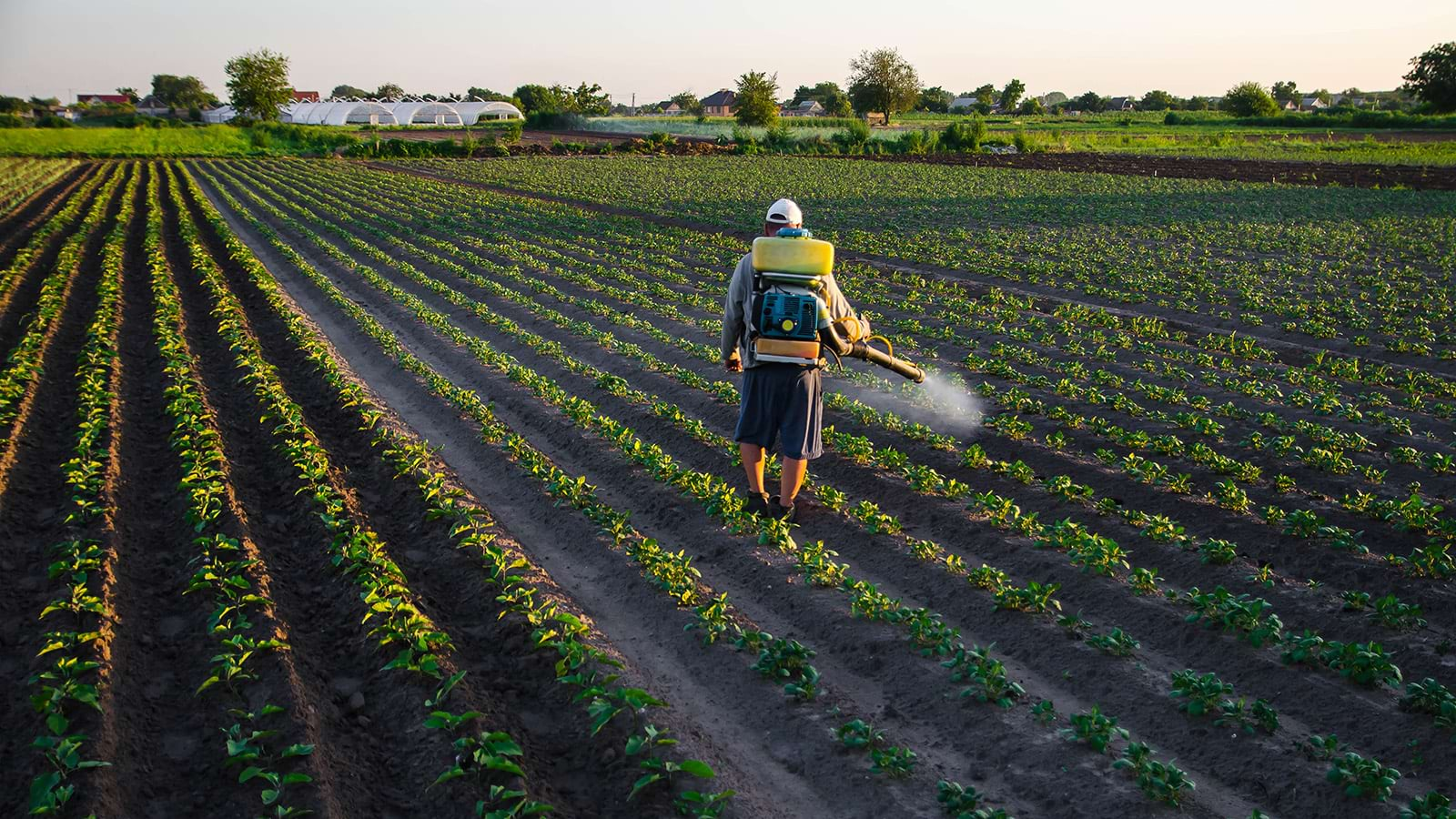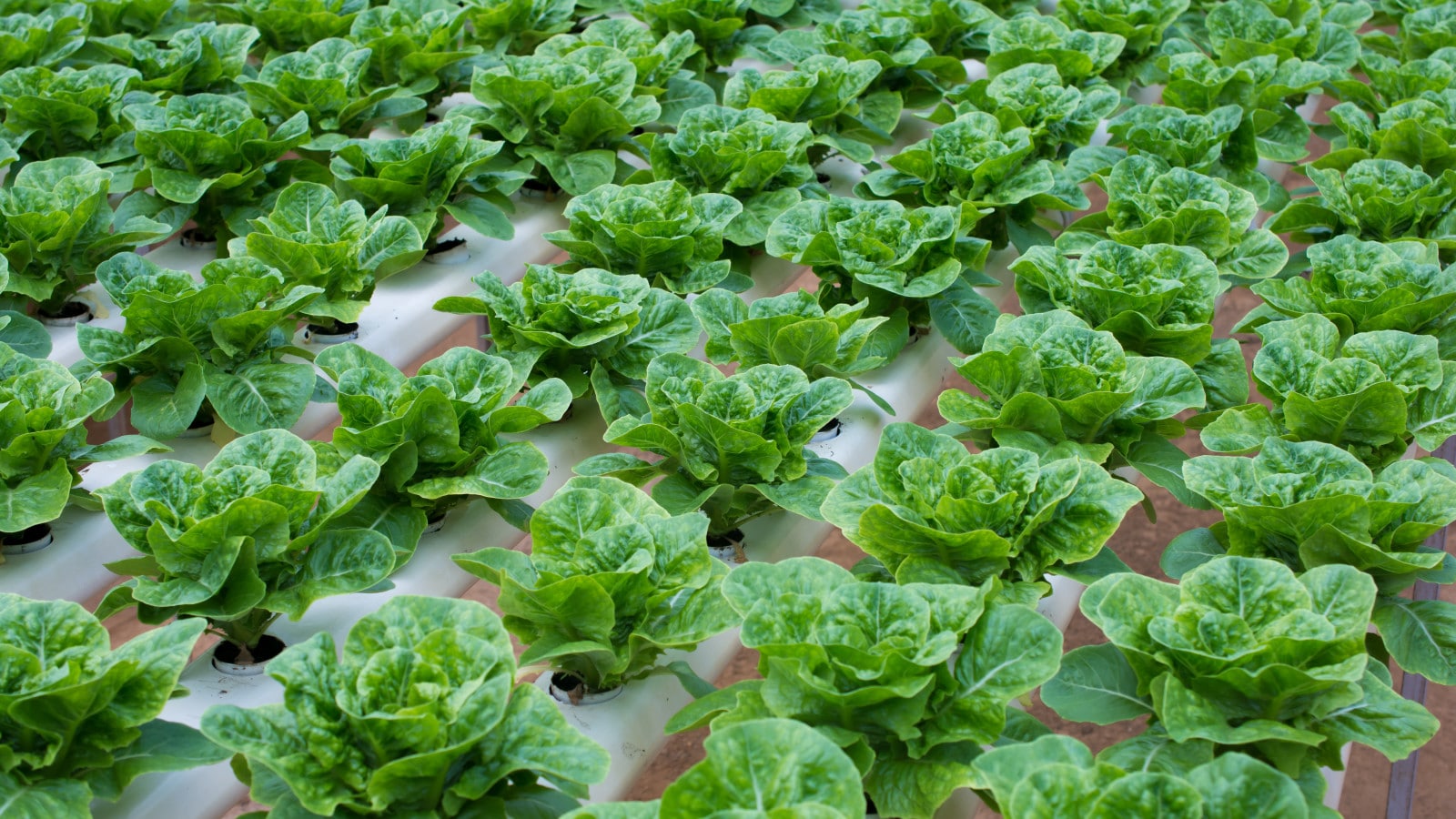PwC recently hosted a pre-conference conversation on ‘sealing the leaking pipeline’ in agriculture and food systems financing. This is in preparation for the 2025 Financing Agri-food Systems Sustainably (FINAS) conference that will be held from 20 to 22 May 2025 at the KICC. The discussion brought together a select group of experts from diverse sectors including the Government, farmer organisations, financial institutions, development partners, private agri-businesses and governance. We sought to understand why a sector that contributes 33% of Kenya’s GDP and employs 70% of the rural population receives less than 3% of our national budget and accounts for only 4% of bank loans to the private sector.
Specifically, we asked ourselves the extent to which financial leakages, be it diversion of funds, wastage, theft, corruption or fraud contribute to the non-prioritization of the sector. Three important questions kept coming up during the interesting discourse.

The first question is whether, and to what extent, corruption may be influencing the diversion of public resources from agriculture. The conversation around this question reminded me of a story by veteran anti-corruption campaigner Jack Blum in a podcast by the Tax Justice Network. Jack gives a story of a US aircraft manufacturer that had bribed the government of a South American country to make a sale for one of their planes. A committee of the US senate investigating the matter had been perplexed as to why the aircraft manufacturer would give a bribe in a procurement for a cargo plane that only they made. Why bribe when you don’t have any competitors? The answer from the aircraft manufacturer was very telling and may be relevant in our case. According to the manufacturer, they were not competing with other aircraft manufacturers, but rather with that country’s other budgetary needs!
The second question is the extent to which third-party financiers be they private banks, agro-processors, domestic and international development finance institutions (DFIs) or private equity firms, fail to fund agriculture due to a lack of trust that they will get a fair and competitive return on their investment. It is not in doubt that agriculture can be an inherently risky venture for instance due to the unpredictability of rains and volatile market prices for produce. I was impressed by the efforts that some of the participants in the FINAS conversation have made in de-risking agriculture financing including through initiatives such as insurance, e-vouchers and stabilization of markets. But based on the forensics and insolvency work that we do at PwC, we very often see cases where borrowers falsify information in loan applications, collude with credit appraisers, provide fraudulent collateral, divert income that should ideally be ringfenced to service their debts, or where contract farmers sell their produce to alternate buyers, among other schemes aimed at defrauding financiers.
Anyone familiar with lending in Kenya may however quicky remark that such credit fraud schemes are not unique to the agri-food sector and should therefore not be an excuse for not financing agriculture. This leads to the third question, should agriculture be funded as a social service and not just because it can guarantee financial returns to investors or taxes to governments? This is an important question given that financing agrifood systems is directly linked to the right to food. Agriculture also employs more than half of Kenyans. A successful agricultural sector therefore means that most Kenyans would in turn afford education, housing, sanitation etc., as well as reduce overall spend on healthcare. Indeed, a successful agricultural sector may be precisely what is needed to jump-start the manufacturing revolution that would propel our economy to the next level.

Agriculture has been the launchpad for the industrial success of a majority of the countries that have managed to radically reduce poverty and join the ranks of wealthy nations in the last century. It is scandalous and an embarrassment that as a Nation, we cannot feed all our citizens 60 years after independence. It is high time that the government, policy makers, the private sector and indeed all citizens ask themselves what we individually and collectively must do to not only fund, but to do all else that is required to make us food secure and to see the agricultural sector take off.
From a financial leakage perspective, possible solutions to the problem will likely have to start with a societal culture change. Where we decide to do the right thing as a people because it is the right thing. Collection of data, its analysis and use in decision making and in monitoring is also key. As it stands, there are significant gaps in data on who is funding agriculture and whether the funding is reaching the intended beneficiaries. It was also clear from the conversations that where data exists, it’s in many cases siloed and there is not enough sharing and consolidation of the data. With access to the right and timely data, and with requisite awareness, various community groups could be empowered from a social accountability perspective to hold those in charge of the funds accountable.
Digitization is another promising solution to the problem. From e-procurement systems to biometric registration of farmers and use of e-vouchers, technology solutions are already beginning to be employed to enhance trust in agri-food value chains.
The Financing Agri-food Systems Sustainably (FINAS) conversation is indeed an important one. I hope that various stakeholders will continue to engage and elevate this very important discussion. And that policy makers, community and business leaders will all do what they need to do to take our agriculture to the next level.
Contact us

John Kamau
Partner | Forensics Advisory, Eastern Africa Region, PwC Kenya
Tel: +254 (20) 709 895 000







